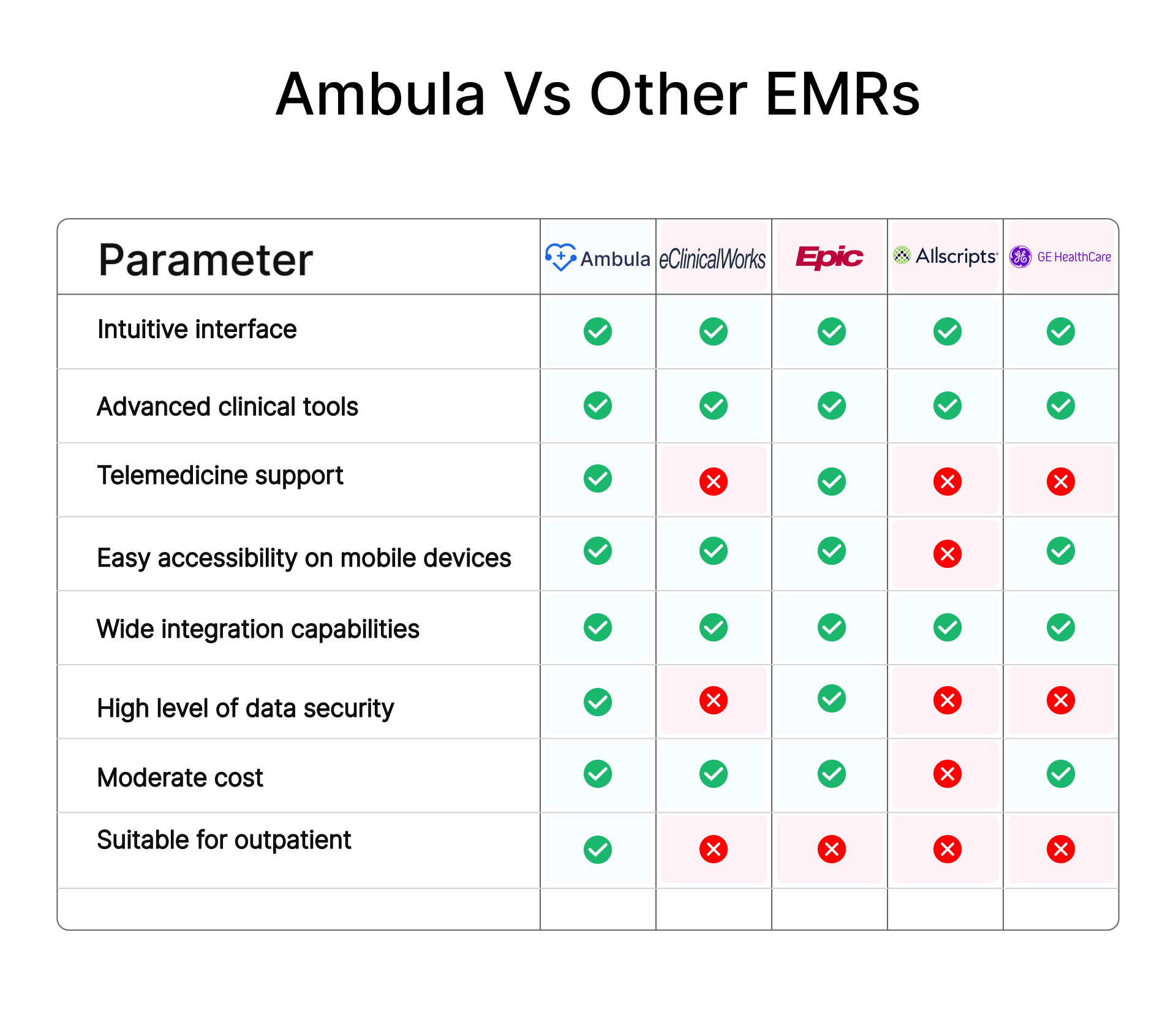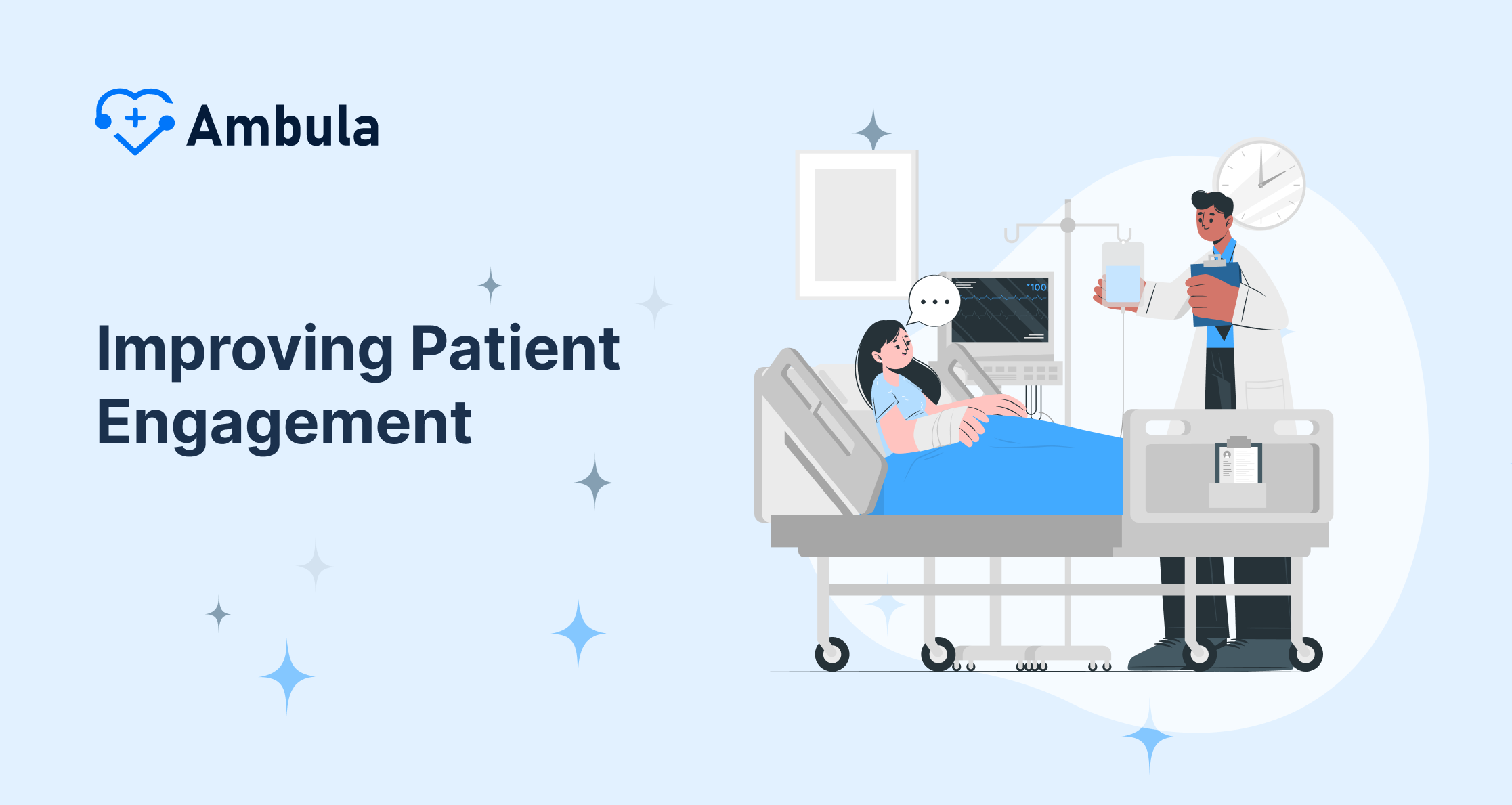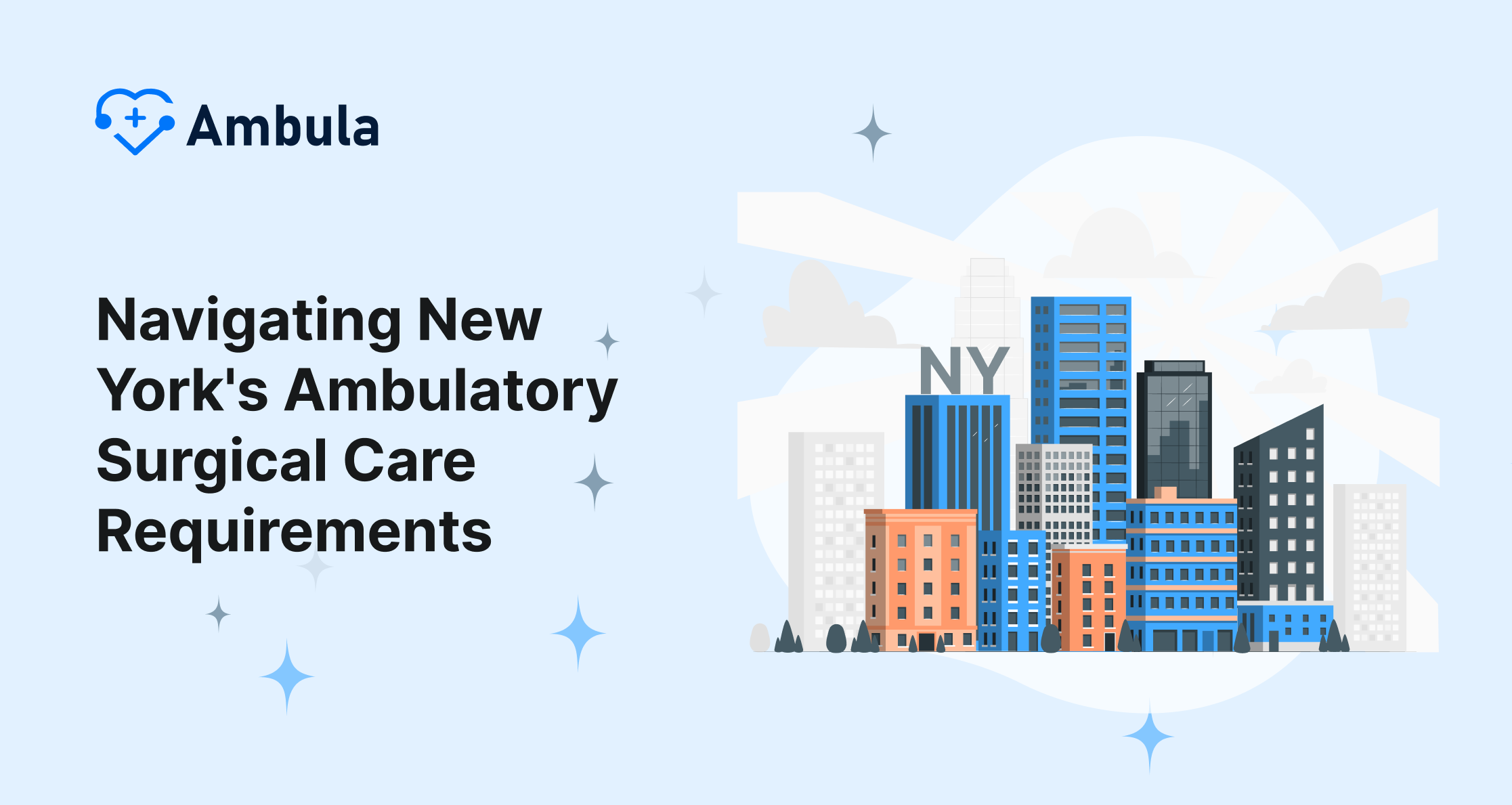In the evolving landscape of healthcare, Ambulatory Surgery Centers (ASCs) have emerged as a critical component in delivering specialized outpatient care. Unlike traditional hospitals, ASCs offer a streamlined approach that can lead to more personalized care and potentially better outcomes. The patient experience at these centers is paramount, as a positive experience can increase patient loyalty, attract more referrals, and enhance the overall reputation of the facility. Improving the patient experience is multifaceted, involving enhancements in communication, staff interactions, operational efficiency, and technological integration.
Understanding the ASC Environment
ASCs provide a setting that differs significantly from larger hospital systems. They are typically focused on same-day surgical care, including diagnostics and preventive procedures, which allows for a more concentrated patient care model. This model often results in a more intimate environment where patients feel more connected with their care team. The shift towards ASCs has been accelerated by patient preferences that have evolved significantly since the pandemic, with many expressing reluctance to return to larger hospital settings. This shift presents opportunities and challenges for ASCs as they accommodate an increasing volume of patients while striving to maintain high standards of care and patient satisfaction.
Staffing for Success
One of the looming challenges for healthcare, including ASCs, is the anticipated shortage of skilled professionals such as nurses and doctors. Projections suggest that by 2025, there could be a deficit of up to 450,000 nurses nationwide. This shortage can significantly impact the patient experience by stretching resources thin and potentially compromising the quality of care. To mitigate this, ASCs must adopt innovative recruitment strategies and create compelling value propositions for potential employees. This might include offering competitive salaries, flexible working conditions, and opportunities for professional development.
Preventing Staff Burnout
Burnout among healthcare staff is a critical issue that can deteriorate the quality of care and reduce patient satisfaction. High-stress levels, prolonged working hours, and emotional fatigue contribute to burnout, leading to increased staff turnover. ASCs can address this by implementing digital tools that streamline administrative tasks and free up staff to focus more on patient care. Enhancing workplace efficiencies can reduce the burden on staff, leading to improved job satisfaction and better patient interactions.
Enhancing Patient Interactions
Clear communication is essential in setting expectations right from the initial patient interaction. Transparency about procedures, what patients can expect during their visit, and detailed explanations regarding costs and billing can alleviate anxiety and build trust. Providing patients with comprehensive pre-procedure information ensures that they are well-prepared mentally and financially, enhancing their overall experience.
The small details often make a significant difference in healthcare. Personalized care in ASCs can be manifested through various means, such as friendly staff interactions, comfortable waiting areas, and attentive post-operative care. Such measures comfort the patient and create a memorable experience that patients are likely to recommend to others.
Leveraging Technology
Technology plays a pivotal role in modern healthcare. In ASCs, integrating efficient pre-registration and check-in systems can significantly enhance the patient experience. Digital kiosks and mobile apps can simplify the check-in process, reduce wait times, and increase patient satisfaction. These tools also help in managing patient flow more effectively, which is crucial for maintaining a smooth operational tempo.
To further elevate the patient experience, ASCs are adopting concierge-like services that extend personalized communication and services. For example, automated messaging systems can update family members about a patient’s status and provide real-time updates. This high level of engagement ensures that both patients and their families feel valued and well-informed throughout the surgical process.
Financial Communication and Management
Understanding the financial aspect of medical procedures is a common concern for patients. Unexpected medical bills can lead to dissatisfaction and distress. ASCs can improve this aspect by implementing transparent billing practices and providing clear, upfront cost information. Patient financial advocates can play a crucial role here by helping patients understand their bills, explaining insurance benefits, and offering payment plans that alleviate financial pressure.
Gathering Feedback and Continuous Improvement
Continuous improvement in patient care is vital for the success of ASCs. Gathering patient feedback through surveys and direct communication can provide valuable insights into areas of improvement. This feedback should be analyzed and used to enhance service quality continually. Engaging with patients post-visit can also reinforce the feeling of care and community, contributing to higher patient satisfaction and loyalty.

Ambula EMR help you to have a better patient experience in ASC
Ambula EMR can significantly improve patient experience by streamlining appointments and scheduling, making it easier for patients to book, reschedule, or cancel appointments with minimal wait times. The system also enhances communication by providing a secure patient portal where patients can access their medical records, receive updates, and communicate with their healthcare providers, fostering better engagement and trust.
With its cloud-based infrastructure, Ambula ensures that patient records are always accurate and accessible to authorized healthcare providers from any location. This allows for better-informed medical decisions and personalized care. The EMR system also improves prescription management by enabling physicians to electronically send prescriptions to pharmacies, reducing errors and ensuring that patients receive their medications promptly.
Additionally, Ambula’s customization capabilities allow healthcare providers to create personalized care plans tailored to individual patient needs, ensuring more effective and accurate documentation. This holistic approach leads to improved patient outcomes and a more satisfying healthcare experience overall.
Conclusion
The importance of the patient experience in ASCs cannot be overstated. It requires a concerted effort across various facets of the healthcare service delivery. By focusing on efficient staffing strategies, enhanced patient interaction, technological advancements, transparent financial communication, and continuous feedback, ASCs can significantly improve their patient experience. This holistic approach not only benefits the patients but also positions the ASCs to meet the







